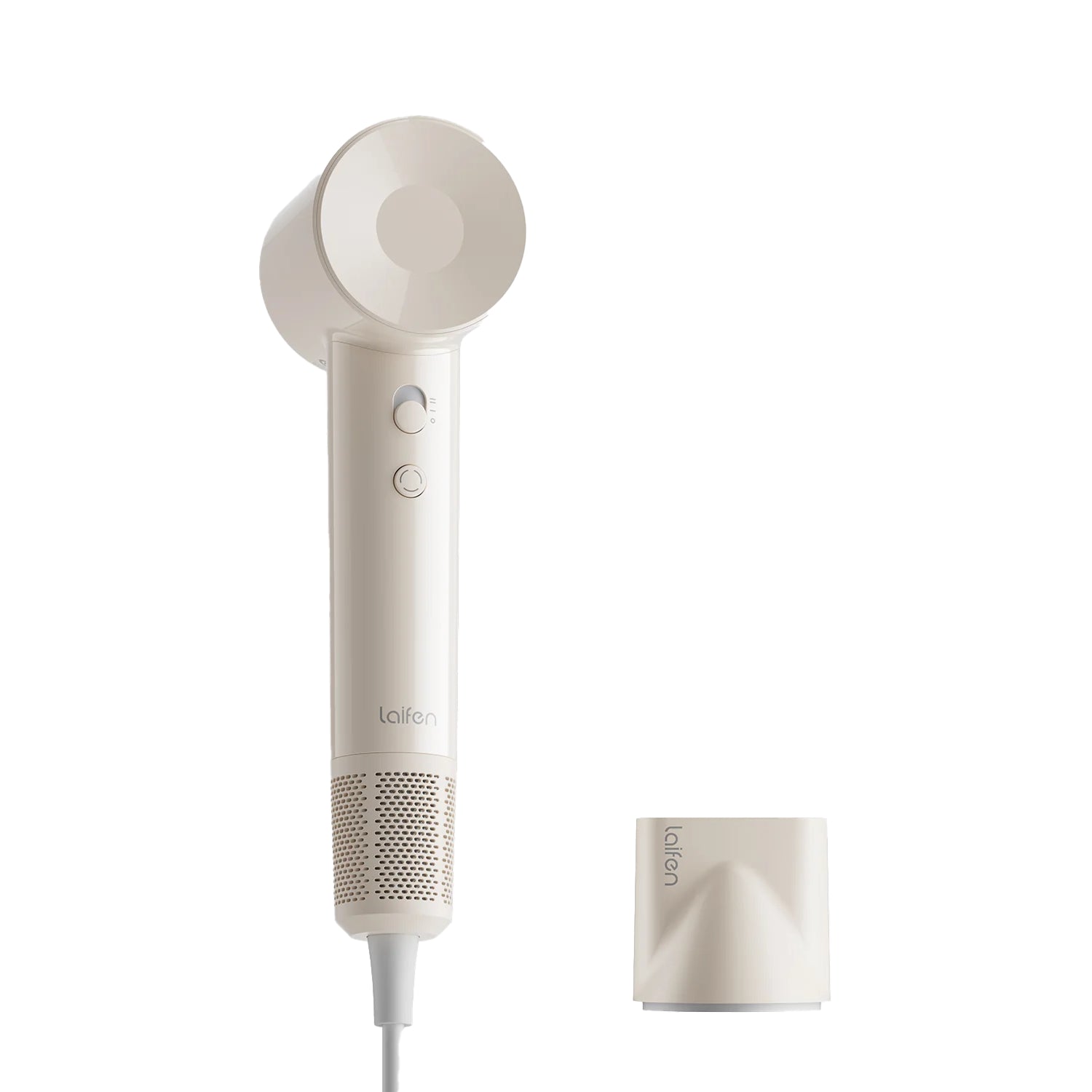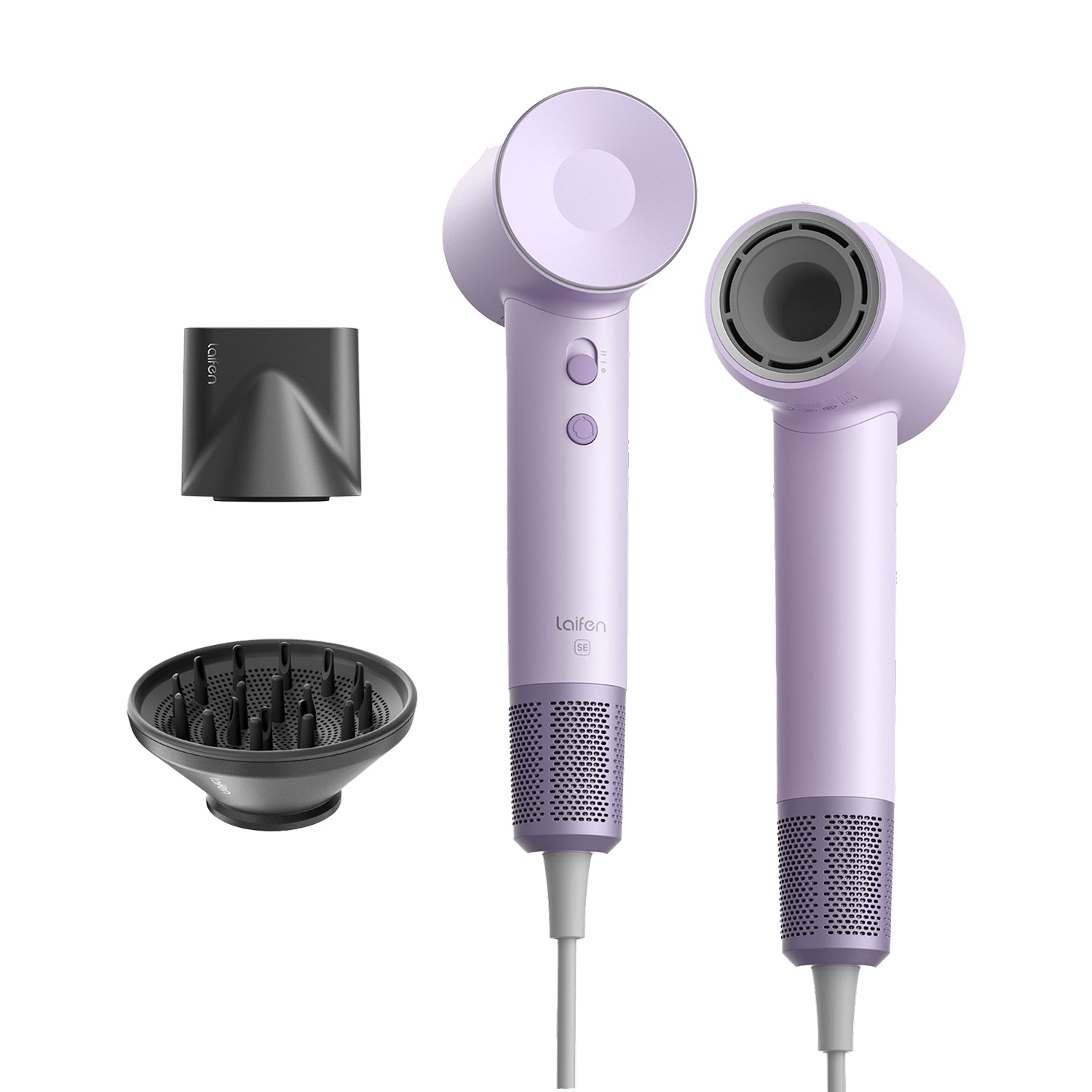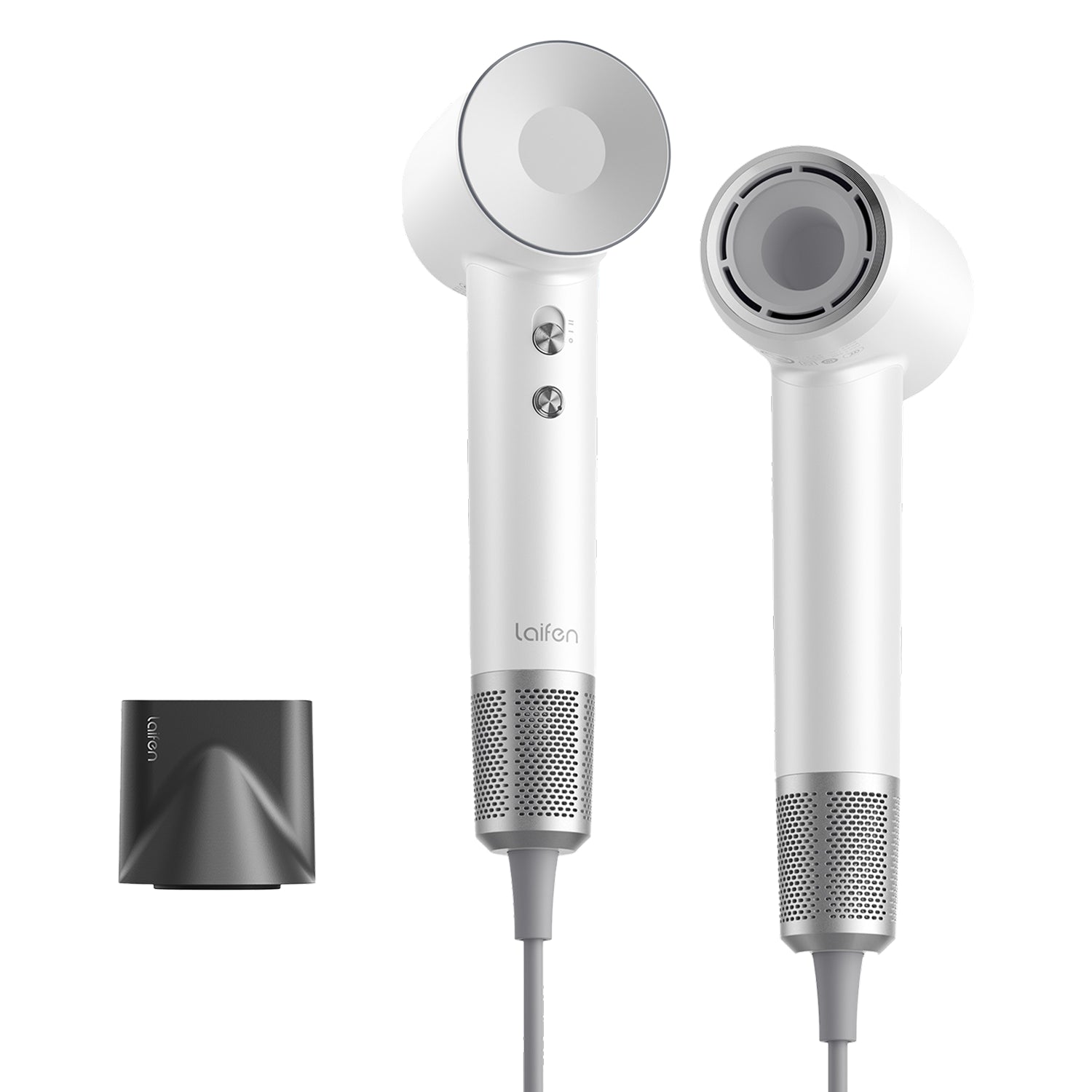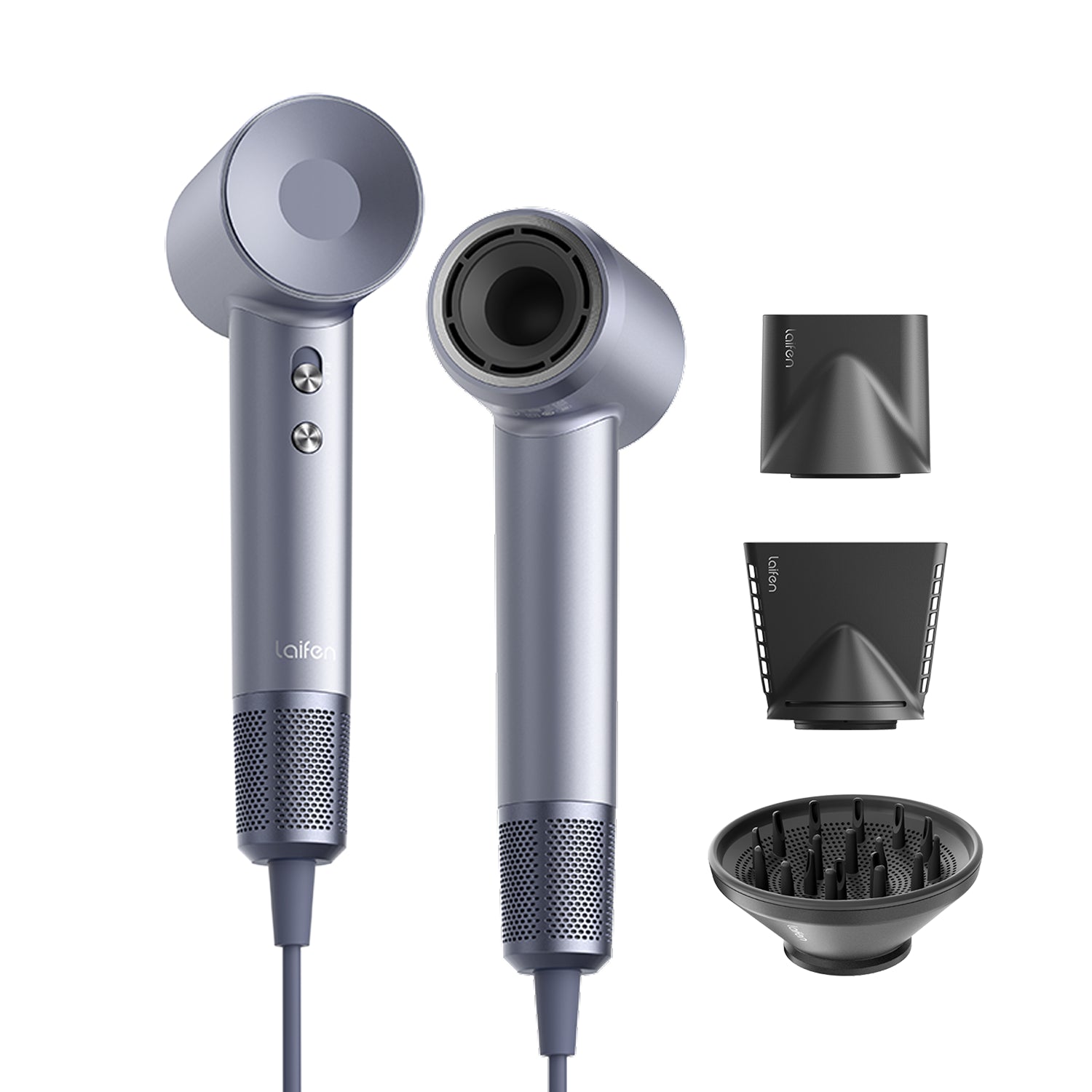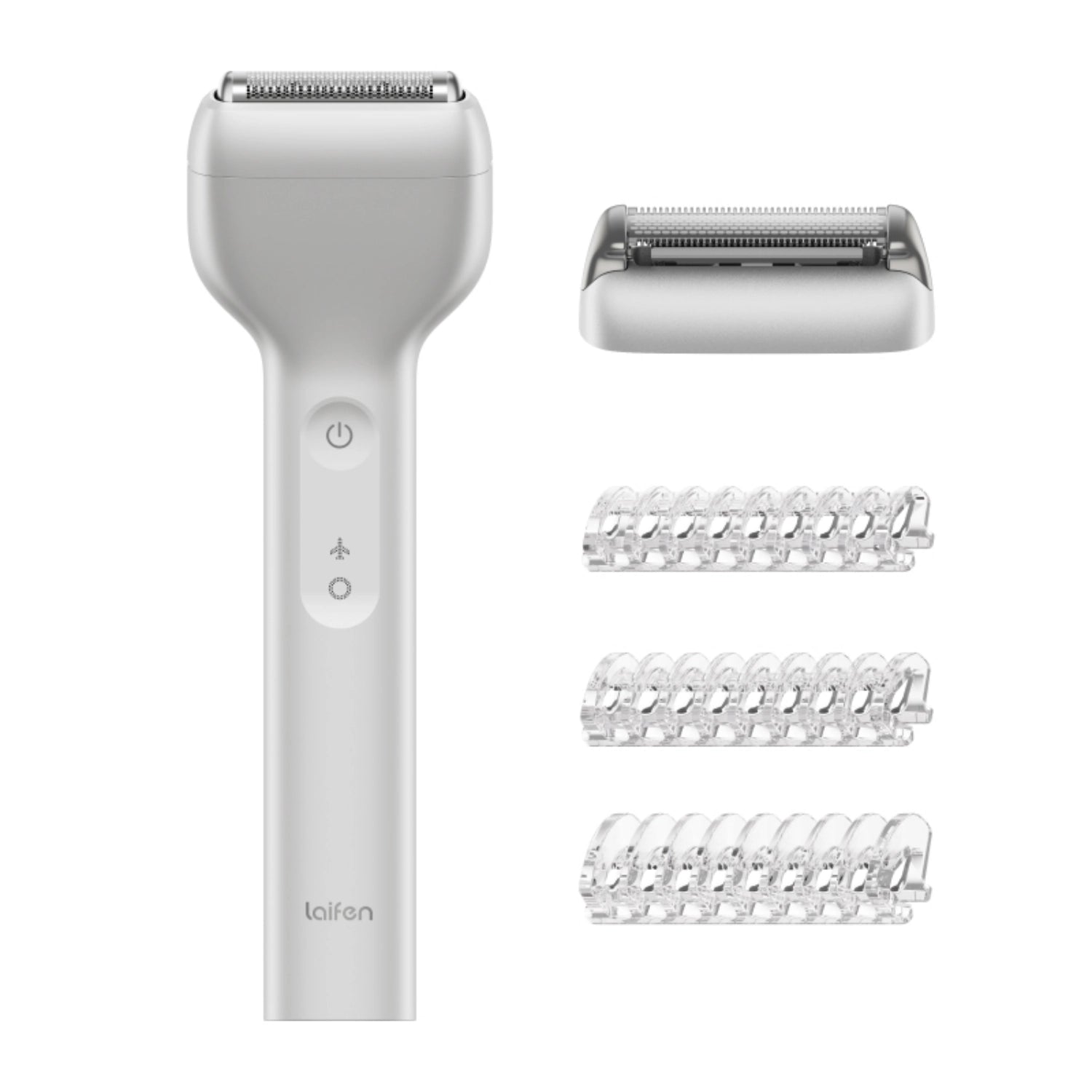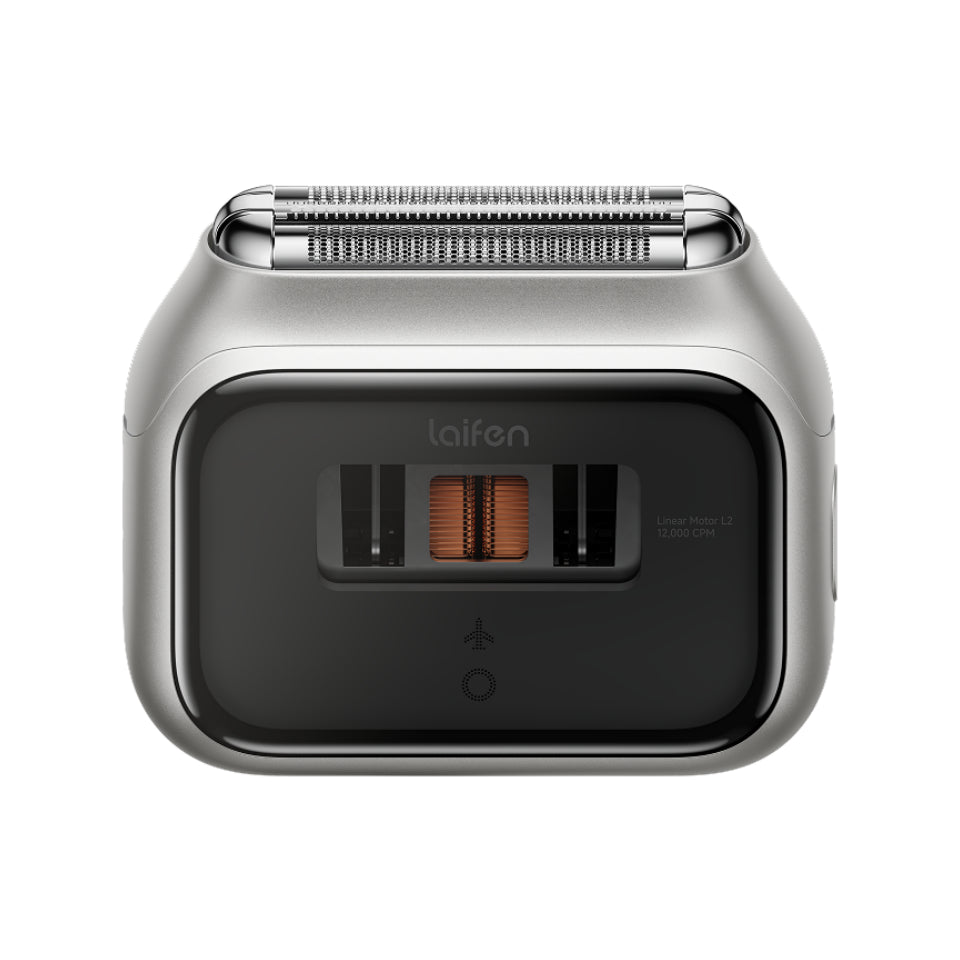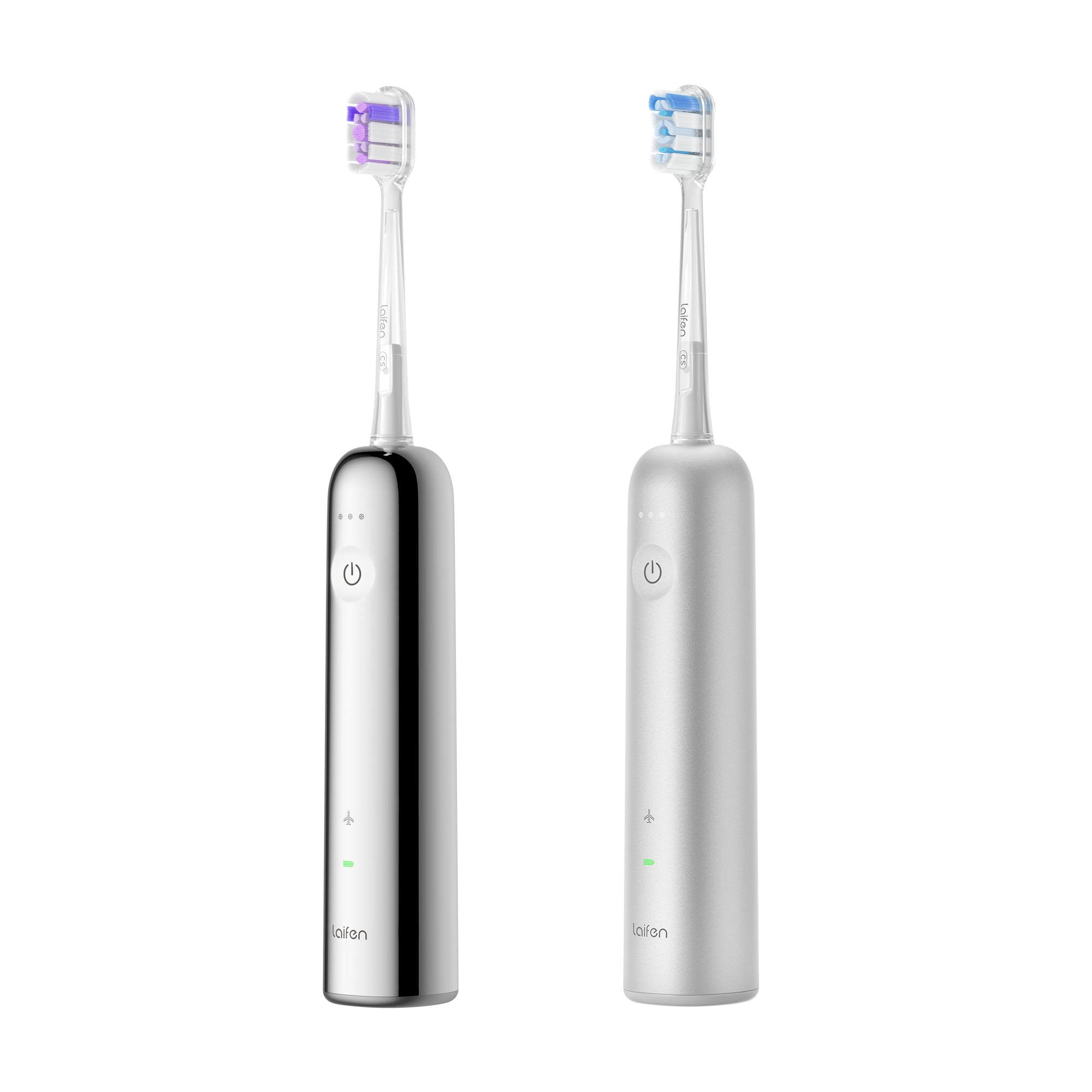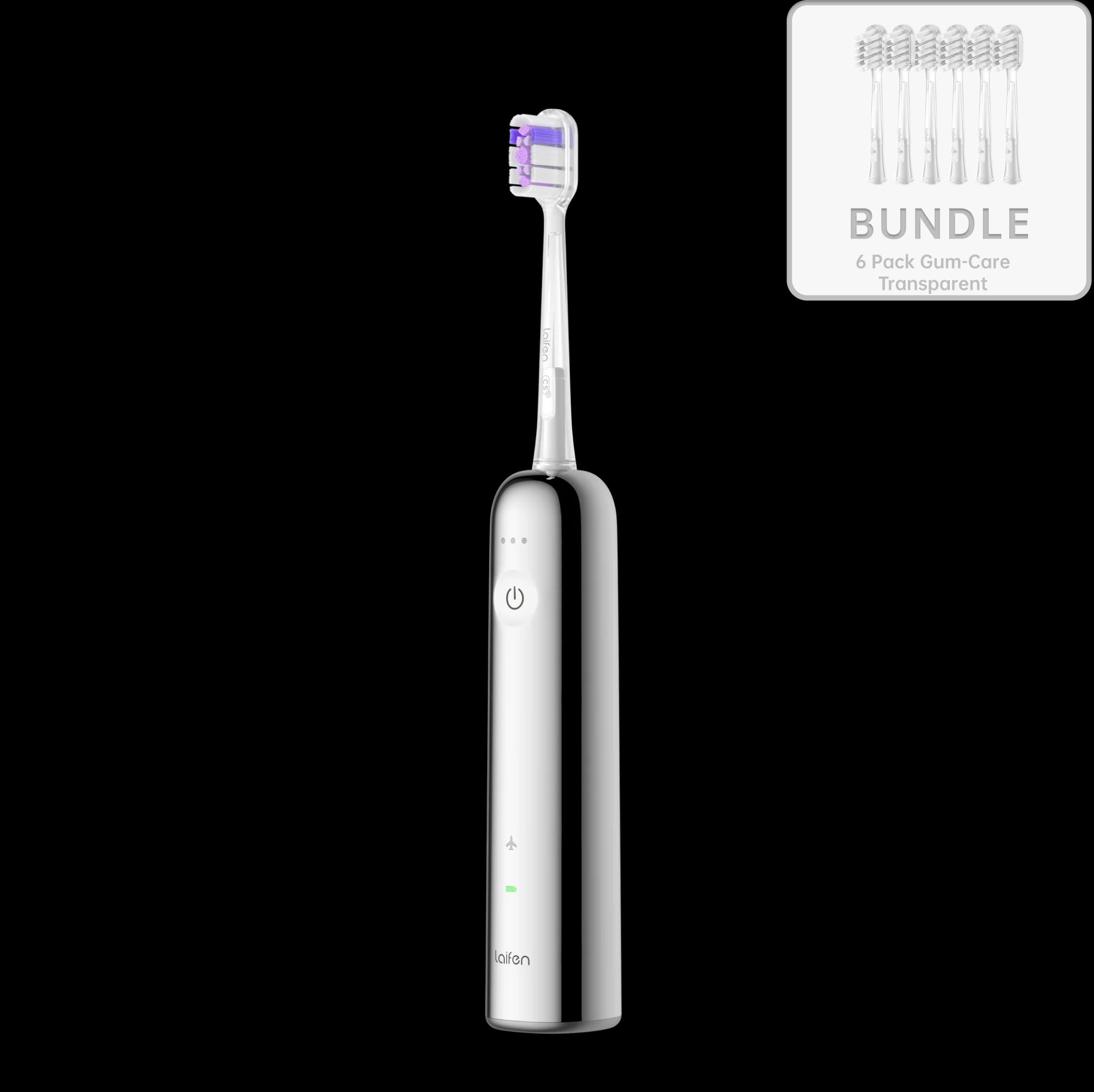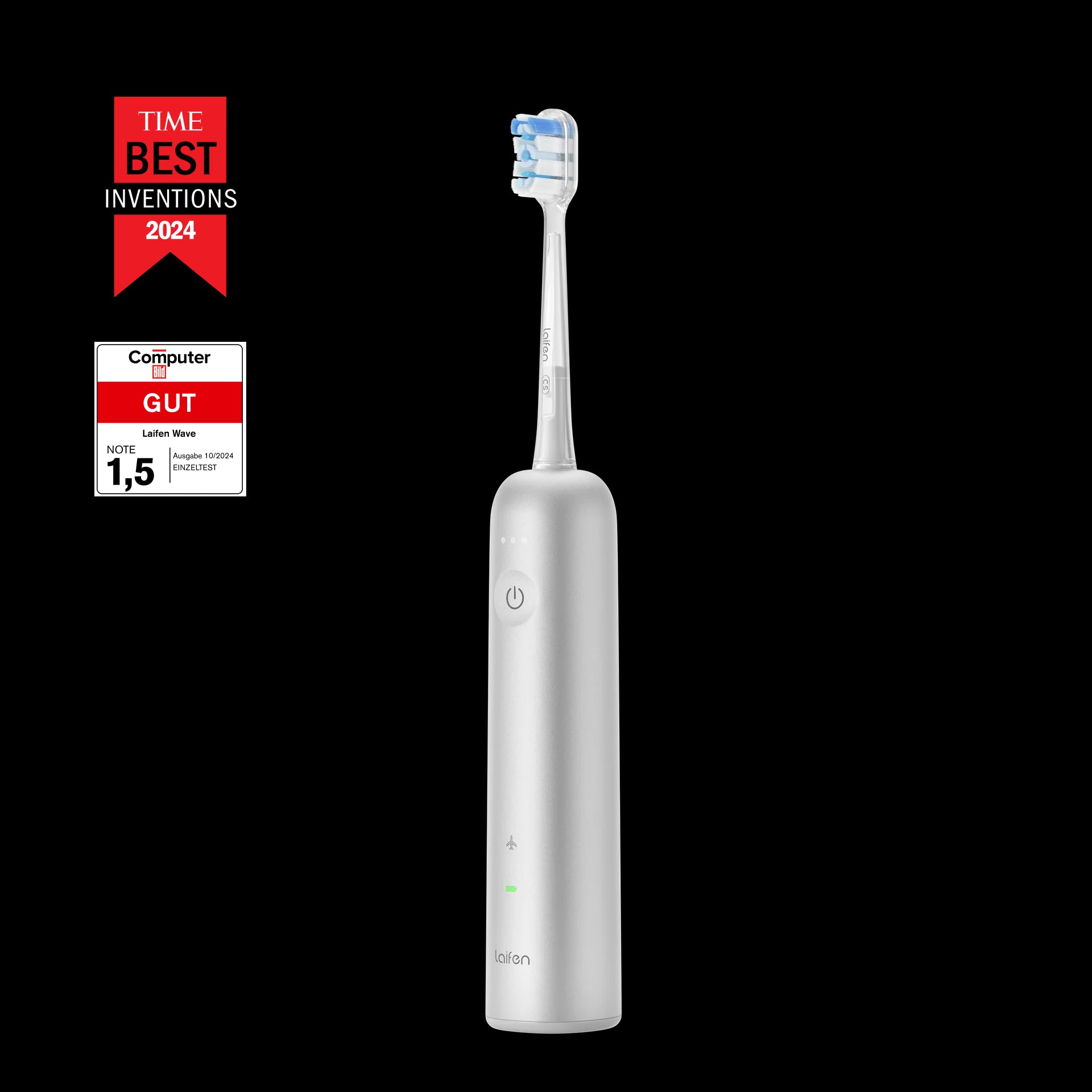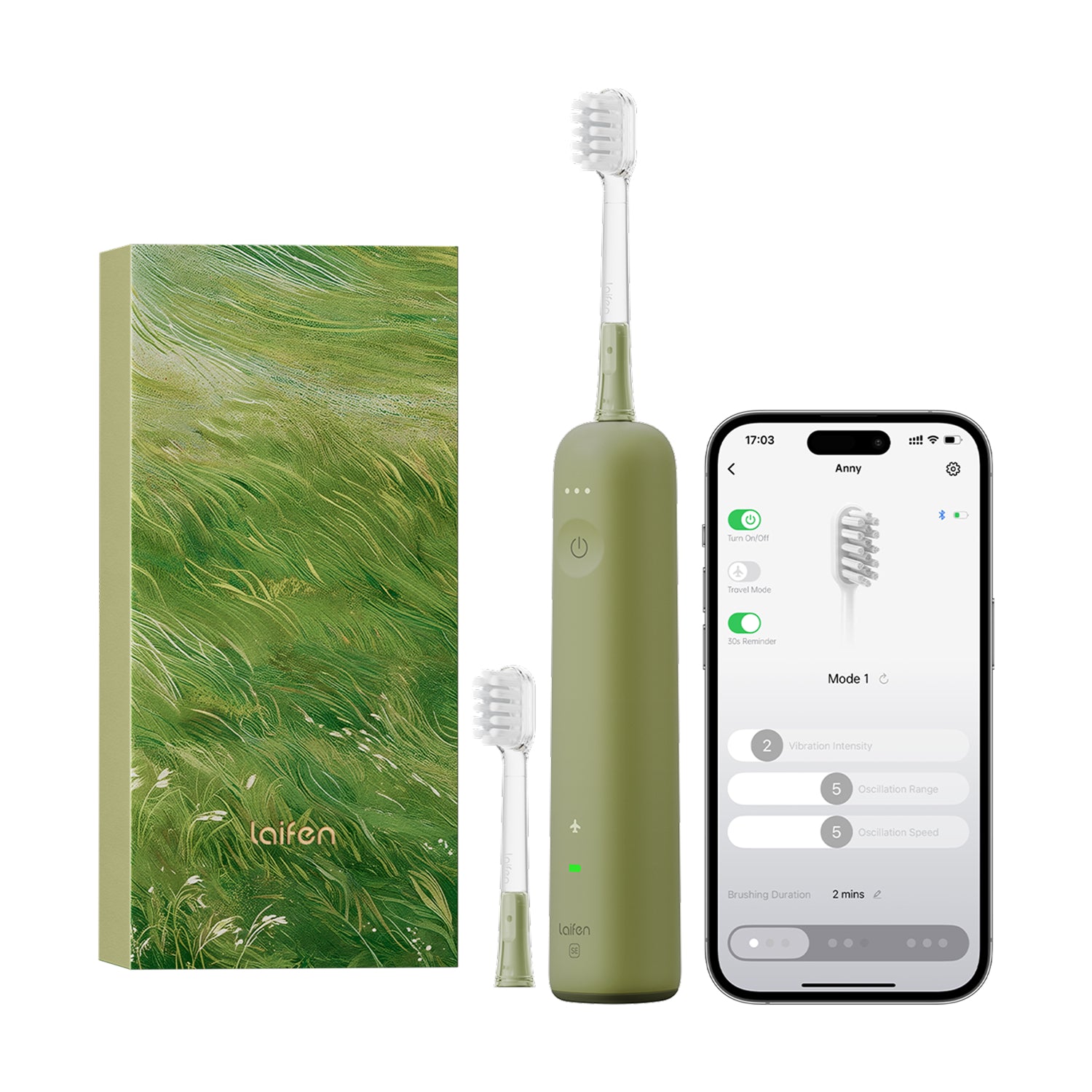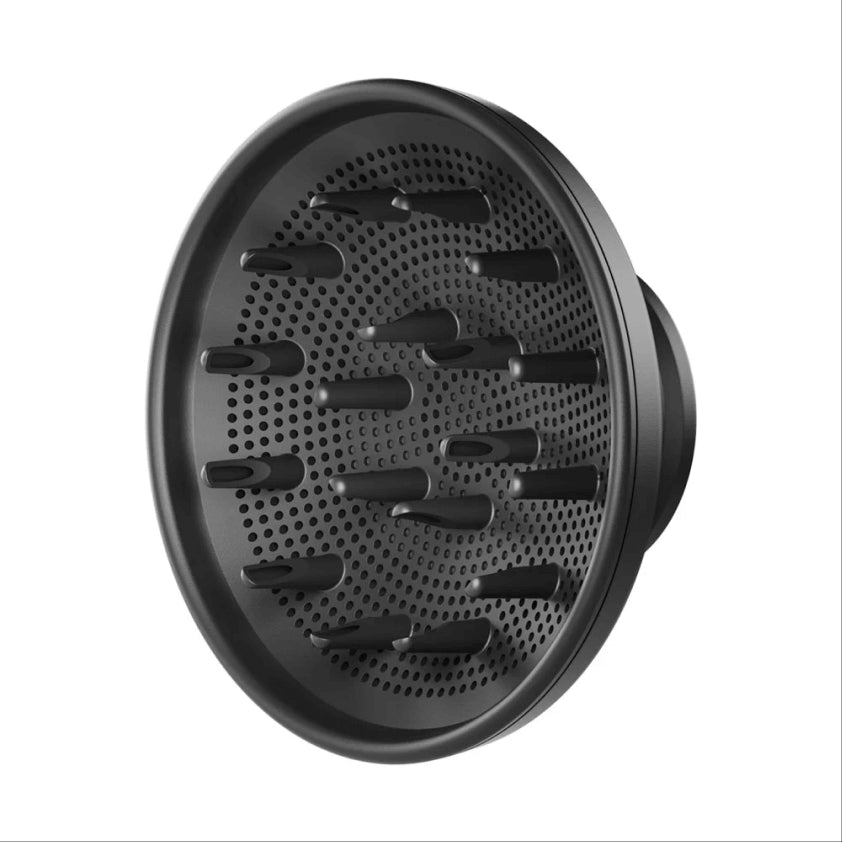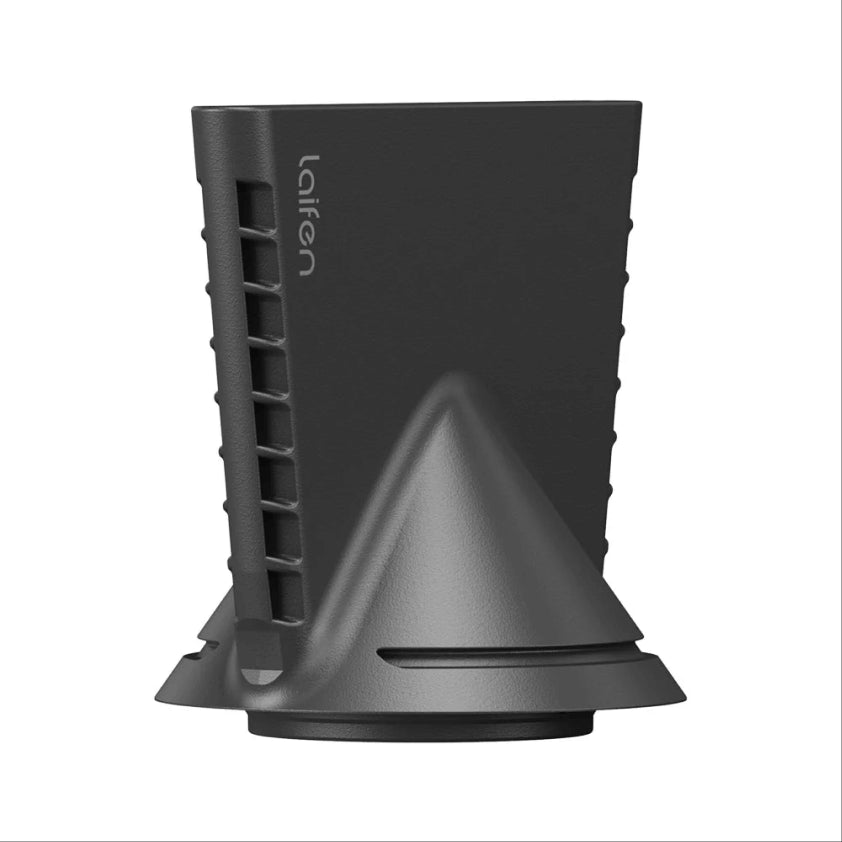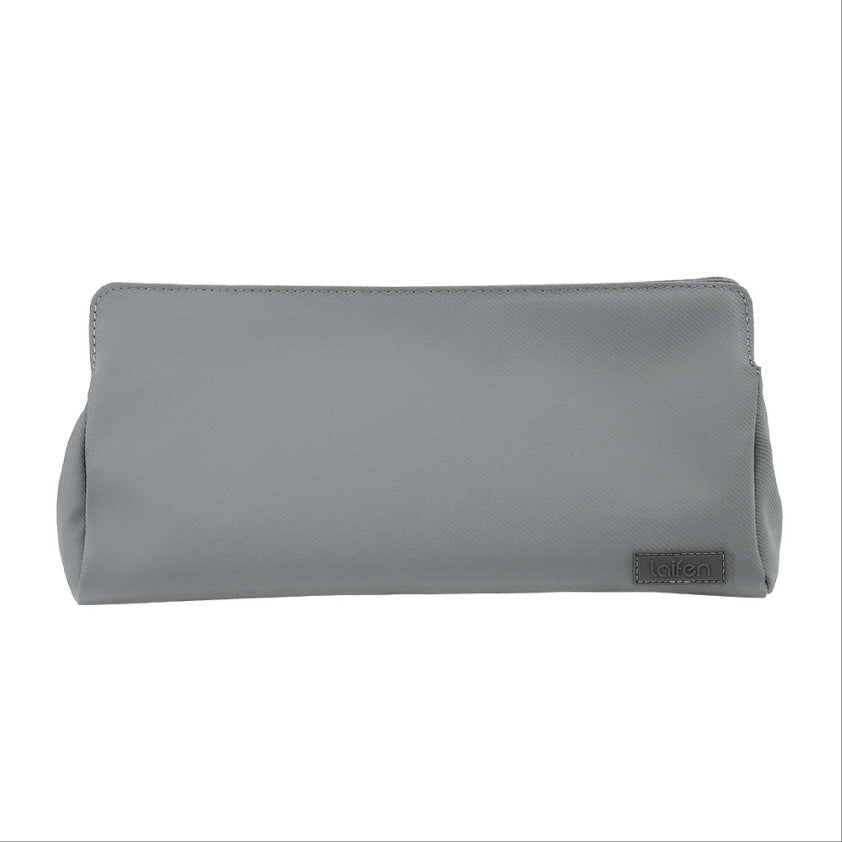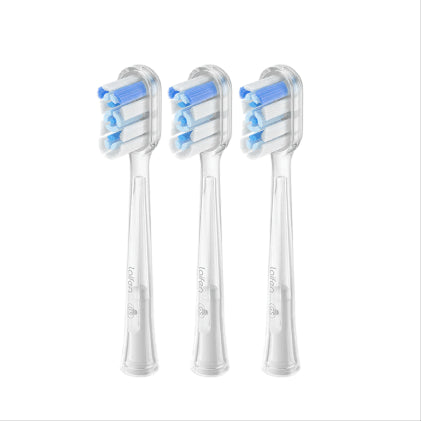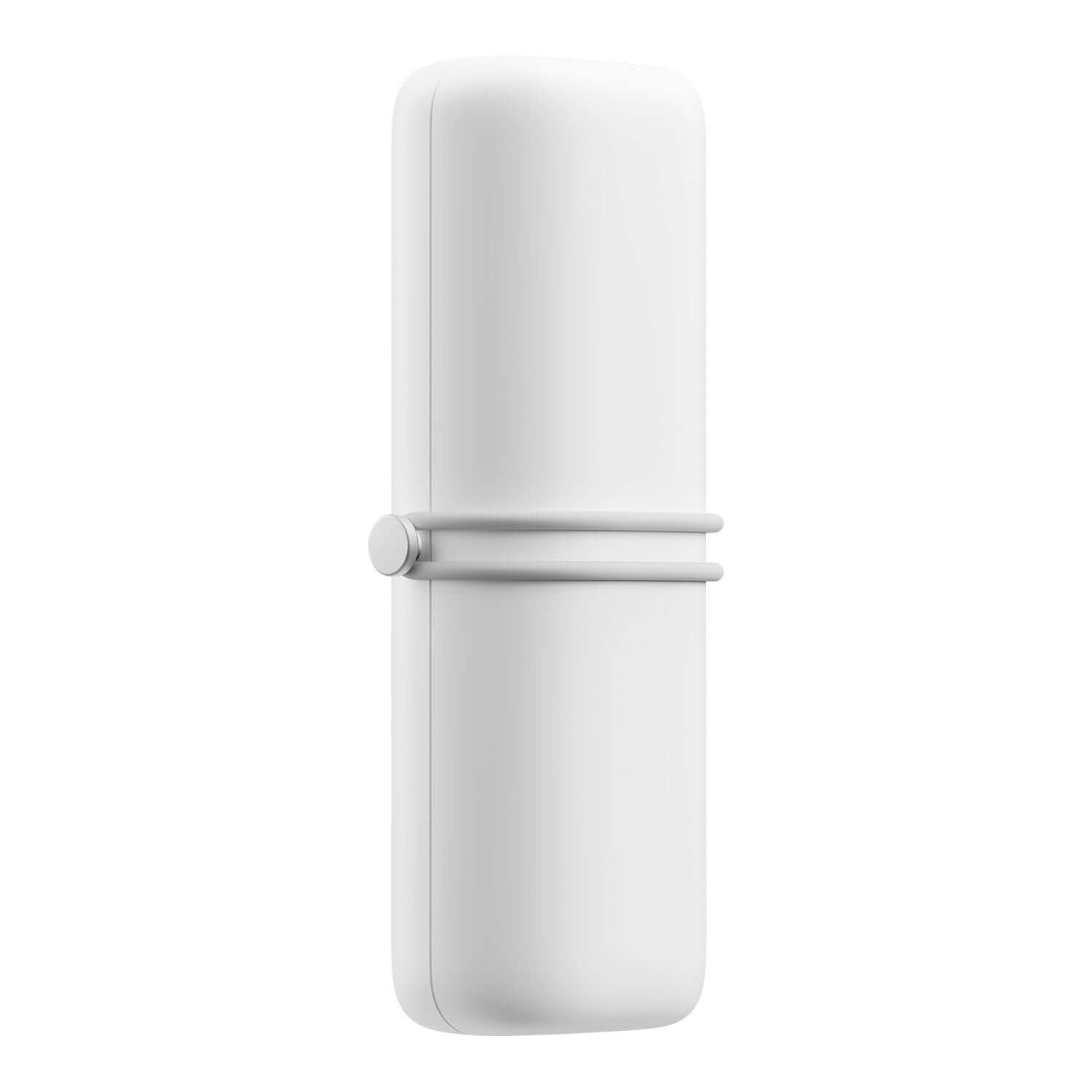
In this article
When it comes to oral hygiene, the choice between a tongue scraper and a toothbrush can be perplexing. While both serve to maintain oral health, they have distinct functions. A toothbrush excels at removing plaque and debris from teeth and gums. On the other hand, a tongue scraper targets bacteria and residue on the tongue's surface. To choose between them, consider personal preference and oral health needs. For a comprehensive routine, using both can provide optimal results.
Tongue scraper vs. tongue brush
Both tools offer effective cleaning options for maintaining oral hygiene. The choice between them depends on personal preference and individual oral care needs.
|
|
Tongue scraper |
Tongue brush |
|
Function |
Removes bacteria and debris from the tongue surface. |
Cleans the tongue surface and massages gums. |
|
Design |
Metal or plastic with a curved shape. |
Often has soft bristles and a handle similar to a toothbrush. |
|
Effectiveness |
Get rid of buildup and bacteria for fresher breath. |
Provides a gentle cleaning action, suitable for sensitive tongues. |
|
Easiness |
Easy to use with a simple scraping motion. |
Requires brushing back and forth on the tongue surface. |
|
Hygiene |
Easy to clean and sanitize after use. |
Bristles may trap bacteria and require thorough cleaning. |
|
Portability |
Compact and convenient for travel. |
Similar in size to a toothbrush, suitable for travel. |
Tongue scraper vs. toothbrush
Tongue scrapers and toothbrushes are both essential tools for oral hygiene, but they serve different purposes:
|
|
Tongue scraper |
Toothbrush |
|
Function |
Cleans bacteria, food debris, and dead cells. |
Cleans teeth, gums, and tongue, remove plaque, food particles, and bacteria to prevent cavities and gum disease. |
|
Design |
Metal or plastic with a curved or flat edge for scraping the tongue's surface. |
Features a handle and bristles, available in various shapes and sizes. |
|
Effectiveness |
Removes buildup on the tongue and keep fresh breath. |
Cleans teeth and tongue surfaces, and reaches areas that are difficult to access with a scraper alone. |
|
Easiness |
Easy to use with a simple scraping motion from the back of the tongue to the front. |
Requires manual brushing in circular motions and covers all surfaces of the teeth and tongue. |
|
Hygiene |
Clean and sanitize after use, and reduce bacterial buildup. |
Requires regular cleaning to prevent bacterial growth on the brush bristles and handle. |
|
Portability |
Compact and convenient, easily fitting into toiletry bags or pockets. |
Varied sizes available, suitable for travel but may require additional space compared to a scraper. |
Is a tongue scraper more effective than brushing your tongue?
Both tongue scraping and brushing your tongue can get rid of bacteria, food debris, and dead cells from the tongue's surface. However, research suggests that tongue scraping may be slightly more helpful at reducing oral bacteria and improving breath odor compared to brushing alone.
Tongue scrapers are made to physically lift and remove buildup from the tongue's surface, whereas brushing may only displace some of the debris without completely removing it.
The design of tongue scrapers, with their smooth and curved edges, allows for more thorough removal of debris compared to the bristles of a toothbrush.
Do dentists recommend tongue scrapers?
Many dentists do recommend the use of tongue scrapers as part of a comprehensive oral hygiene routine. Tongue scraping can combat bacteria, food debris, and dead cells from the tongue's surface, which can help improve breath odor.
But not all dentists may recommend tongue scrapers, as opinions on their effectiveness may vary among dental professionals. Some dentists may prioritize other oral hygiene practices, such as regular brushing, flossing, and professional cleanings, over tongue scraping.

